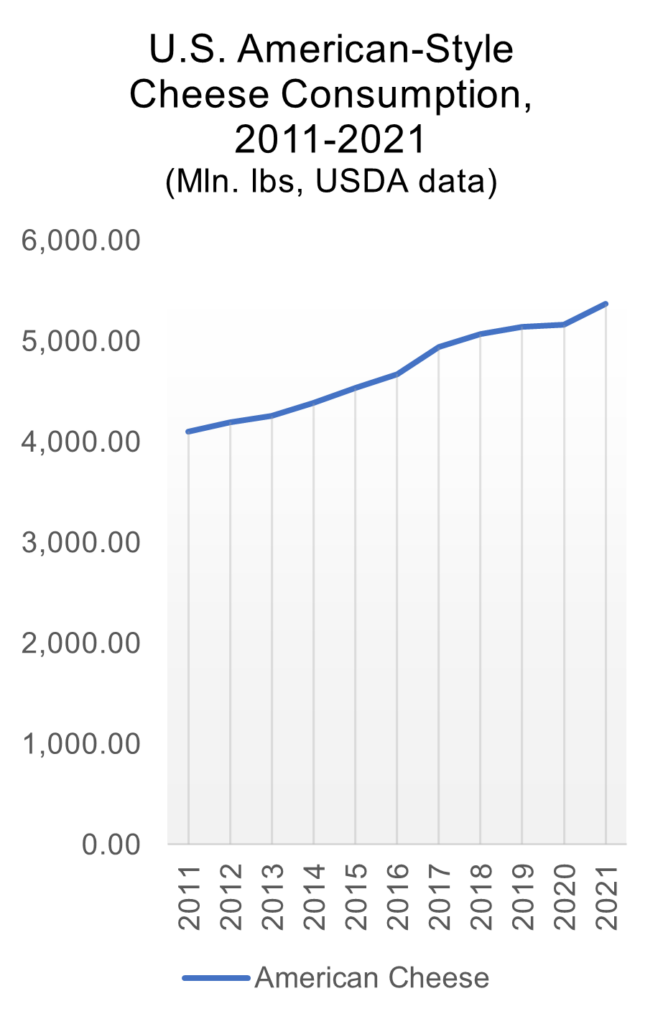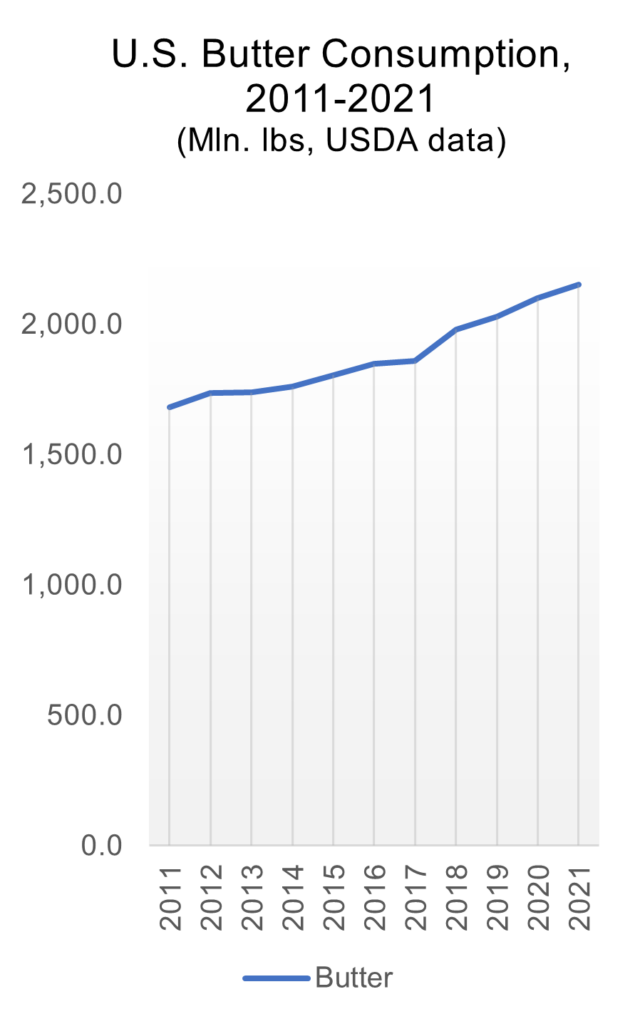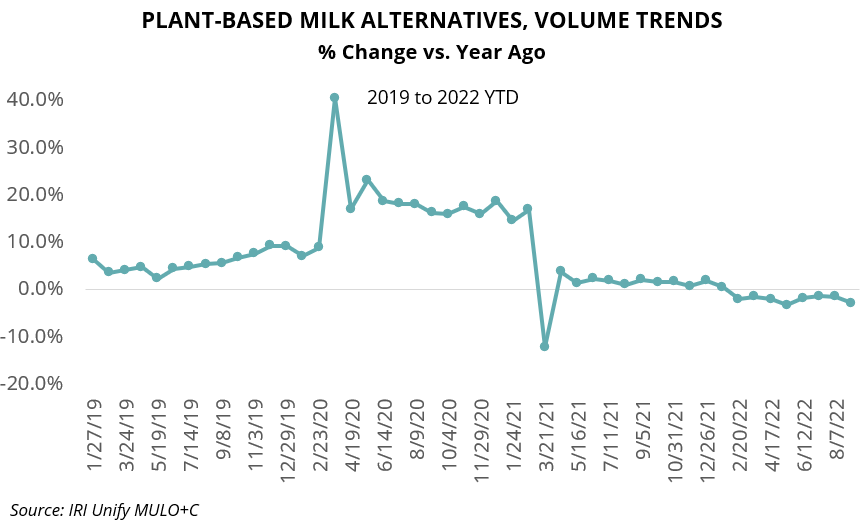October is significant in the NMPF calendar. Many years, including this one, it features our annual meeting, when dairy farmers gather to share a common voice on important policies and represent the best practices and advances this industry has to offer. It’s also National Co-op Month, a time dear to our own hearts as the nationwide federation of dairy cooperatives. The principles of self-help and pursuit of common goals that cooperatives embody are core values of our organization, ideals we see lived by our members every day.
A very public example of how co-op leadership combined with sound public policy can advance dairy and serve broader communities came in September, as NMPF members received a significant portion of USDA’s $2.8 billion in funding for 70 projects in the first round of awards under the department’s Partnerships for Climate-Smart Commodities initiative. California Dairies Inc., Dairy Farmers of America, Land O’Lakes, and the Maryland & Virginia Milk Producers Cooperative Association are leading or partnering on specific projects that may receive up to $245 million in funding that will further industry goals on greenhouse gas emissions reductions, optimal resource use and sustainability.
These member cooperatives, along with others in dairy who are building a better future through climate-smart agriculture projects, should be commended for taking a proactive approach to continuing dairy’s leadership within all agriculture. Following on the heels of the Inflation Reduction Act — which promises more opportunities for solutions that create both a more sustainable planet and a sustainable future for many dairy farms — it’s a powerful investment, and a significant signal from USDA that co-ops have the tools to succeed in meeting 21st century challenges.
Speaking of challenges … anyone who has followed industry discussions since the 2020 pandemic knows of the need to modernize the Federal Milk Marketing Order system, as well as NMPF’s leadership in crafting a plan that can gain broad-based support from farmers across the country. After more than a year of examination of important and relevant issues by our Economic Policy Committee, along with a task force created to craft consensus on critical topics, and wide-ranging discussions with our leadership and throughout the industry, we’ve gained important insights into what changes are critical and which ones need extra attention to get right.
For example: Any solution that works for farmers and the entire industry needs to address FMMOs comprehensively. Milk-pricing formulas, to name one area, need to reflect milk component composition in 2022 – not the lower levels assumed by the industry experts of nearly a quarter century ago. Pricing formulas also should better reflect what dairy products are being sold in 2022 so that price reporting covers the right markets, in the right proportion for a fair price. At the same time, addressing make-allowances — which haven’t been adjusted in nearly 15 years and don’t fully reflect present-day manufacturing costs — is important.
It’s also clear that changes made to FMMOs must be implemented gradually enough to keep markets calm. Most importantly, solutions need broad buy-in from farmers first, closely followed by everyone else. Proposals that have advanced from our task force are ones that had strong support among many of the experts who crafted them, ensuring that a firm consensus stands behind our proposals.
To some, that may slow down progress; but proposed progress that ends up being eventually rejected leaves everyone back where they started. Our goal is to move forward and forge lasting solutions work for all regions of the country, all sizes of farms, and perspectives from across dairy.
We’ve come a long way toward meeting that goal, in no small part due to the ethic that we, as a federation of cooperatives, follow of making sure that our efforts benefit all. But our work is far from over: Any plan we advance will need to go before a USDA-directed federal order hearing – we’re aiming for next year – that would be subject to a producer vote on a modernized FMMO system, if USDA approves a plan. In the meantime, as our members create consensus, we’re also consulting with other farmer groups, other industry organizations, and experts from across dairy to make sure our proposal addresses widely shared concerns and attracts wide support.
As the largest dairy-farmer organization in the United States, as well as the one that, due to the structure of cooperatives, also represents farmers invested in their own milk processing capacity, we’re well positioned to lead Federal Milk Marketing Order system modernization, and we’re looking forward to discussions that yield a proposal that will nourish this entire industry for a generation, and potentially beyond.
That is how our members lead, and that’s what we will celebrate, both at our annual meeting, throughout National Co-op Month, and as we move forward on FMMO modernization. The work is never-ending. But neither is our progress.

Jim Mulhern
President and CEO, National Milk Producers Federation









